MLOps in Japan - Everything You Need to Know
Yuval Noah Harari.
He described AlphaZero as using “Machine Learning principles” to learn and beat the reigning chess bot champ in only 4 hours.
It was a vague description of what was happening behind the scenes, so I reached out to Manthila Baduraliyage.
Manthila is a technical recruiter in Tokyo, helping Machine Learning engineers join the companies who are crafting the future.
She is working with a global tech player on hiring a MLOps engineer.
She gave me all the insights you need about the MLOps Engineer role: what it is, what they do, the requirements, and tips on landing a job.
There’s a lot to cover, so let’s get started.
What It Is
MLOps is the bridge connecting Machine Learning (ML) development with operations.
This role demands collaboration across various teams including ML engineers, DevOps teams, software engineers, and data scientists.
The goal? To ensure the delivery of ML systems that are not only reliable but also scalable.
Responsibilities
An MLOps engineer plays a vital role in ensuring the smooth operation and integration of machine learning within a business framework. Here are some key responsibilities:
Model Deployment: You’re responsible for taking a machine learning model from development to implementation. This involves ensuring that the models are accurate, efficient, and integrated seamlessly into existing systems.
Pipeline Automation: You will automate the ML pipelines, which is crucial for the continuous delivery of ML systems. This includes setting up automated workflows that ensure data is processed and models are trained, evaluated, and deployed efficiently.
Infrastructure Management: This includes the standard responsibilities found in DevOps, such as maintaining and monitoring the infrastructure that supports ML operations. Ensuring the scalability and reliability of these systems is key.
API Development and Operation: In some cases, like developing and operating large-scale systems, you'll work on API servers using languages such as Python, focusing on the development, deployment, and operation of these servers.
Data Engineering and Pipeline Construction: You’ll have hands-on experience in data engineering, building and managing pipelines that handle large volumes of data, ensuring data quality, and preparing it for analysis.
Operational Stability: Ensuring the system runs stably around the clock is a critical responsibility. This includes implementing large-scale load tests addressing system failures and troubleshooting as needed.
Technical Discretion and Project Promotion: You may have the discretion to define requirements, design algorithms, and select the architecture for ML systems. Collaborating with planning and server-side engineers to promote projects is also part of the role.
Now, let's take a look at what you will be doing every day of your life (except on weekends and holidays):
Day-to-Day
Morning Routine:
Review notifications and alerts from overnight automated processes.
Check for any updates or issues with deployed machine learning models.
Attend team stand-up meetings to discuss progress, blockers, and plans for the day.
Model Development and Deployment:
Collaborate with data scientists to improve existing models or develop new ones.
Test and validate machine learning algorithms and models.
Work on automating the deployment process for models into production environments.
Infrastructure Management:
Monitor and maintain the infrastructure supporting machine learning pipelines and model deployment.
Optimize infrastructure resources for performance, scalability, and cost-effectiveness.
Troubleshoot any infrastructure issues or bottlenecks that arise.
Continuous Integration and Deployment (CI/CD):
Implement and maintain CI/CD pipelines for automated testing, building, and deploying machine learning models.
Ensure smooth integration between development, testing, and production environments.
Data Management:
Collaborate with data engineers to ensure data quality, availability, and security.
Manage data pipelines for collecting, preprocessing, and storing data used in machine learning models.
Documentation and Collaboration:
Document processes, procedures, and configurations for reproducibility and knowledge sharing.
Collaborate with cross-functional teams, including data scientists, software engineers, and DevOps engineers.
Research and Learning:
Stay updated on the latest trends, tools, and best practices in MLOps and machine learning.
Experiment with new technologies or techniques to improve workflow efficiency and model performance.
Project Meetings and Communication:
Participate in project meetings to discuss progress, requirements, and challenges.
Communicate with stakeholders to gather feedback and requirements for new features or improvements.
What are the requirements to make this your life?
Requirements
To excel in this role, you'll need a combination of technical skills and personal attributes:
Experience in Data Engineering and Data Pipeline Construction: Practical knowledge in building and maintaining data pipelines is crucial.
Proficiency in DevOps Tools: Familiarity with Docker, Kubernetes, and other DevOps tools is essential for managing the infrastructure that supports ML operations.
Strong Communication Skills: As this is a new and evolving team, excellent communication skills are essential for team development and collaboration.
Japanese Language Proficiency: Understanding and speaking Japanese is important for effective communication in the Japanese work environment.
Web Application Development Experience: Having a background in developing and operating web applications is necessary.
API Server Development Experience: Skills in developing API servers using REST or gRPC are required.
Team Development Experience: Experience in collaborative environments, including code review and architecture review, is valued.
Cloud Platform Experience: Familiarity with cloud platforms like GCP is important for managing cloud-based ML operations.
Practical Deployment Automation Experience: Hands-on experience with deployment automation tools and practices is crucial.
Server-Side System Design and Development Experience: Skills in designing and developing large-scale server-side systems, including recommendation systems, are a plus.
Algorithm Development and Data Science Experience: Experience in these areas is highly advantageous, demonstrating a comprehensive understanding of the full ML lifecycle.
Bonus Points
Experience in data management, especially with data warehouses and data lakes, is beneficial. Skill in managing data pipelines is also valuable.
Enhancing your candidacy with these additional skills can be highly beneficial:
Data Management Experience: Expertise in dealing with large volumes of data, particularly in data warehouse and data lake environments.
Data Pipeline Management: Skills in managing pipelines between data lakes and data warehouses are highly valued.
Large-Scale System Design Experience: Experience in designing and developing large-scale server-side systems.
Recommendation System Development: Experience in designing and developing recommendation systems.
Algorithm Development and Data Science Experience: Skills in these areas are a plus, especially in handling system failures and troubleshooting.
Here are the 5 skills that Manthila said you should focus on to get a job.
5 Skills That Will Make You Stand Out
1. DevOps Experience
Why It Matters: DevOps skills are critical for MLOps as they ensure the seamless integration of machine learning models into existing systems and workflows. It's about bridging the gap between software development, quality assurance, and IT operations.
How to Build It: Gain experience with popular DevOps tools and practices. Engage in projects that require continuous integration and deployment, automation, and system monitoring. You can also pursue certifications in DevOps methodologies and tools like Jenkins, Docker, or Kubernetes.
2. ML Experience
Why It Matters: Understanding machine learning is fundamental to MLOps. It's essential for effective collaboration with data scientists and to ensure that ML models are practical and efficient.
How to Build It: Start by learning the basics of machine learning through online courses or workshops. Engage in projects or Kaggle competitions to apply your knowledge. Collaboration with ML teams or contributing to open-source ML projects can also be valuable.
3. PyTorch Knowledge
Why It Matters: PyTorch is a leading ML library. Knowledge of PyTorch is beneficial for implementing and modifying machine learning models, especially in research and development.
How to Build It: Begin with online tutorials and courses focused on PyTorch. Practice by developing small projects or contributing to open-source projects using PyTorch. Staying updated with the latest updates and features of the library is also key.
4. Python Proficiency
Why It Matters: Python is a staple in the world of programming, especially in data science and ML. Proficiency in Python is essential for writing efficient, readable, and maintainable code in MLOps environments.
How to Build It: Regular practice is the key. Work on Python projects, contribute to open-source projects, or solve problems on platforms like LeetCode. Keeping up with Python advancements and participating in Python developer communities can also help.
5. Problem-Solving Skills
Why It Matters: In MLOps, you'll face unique challenges requiring innovative solutions. Strong problem-solving skills are necessary for troubleshooting, optimizing processes, and implementing effective solutions.
How to Build It: Engage in complex projects that challenge your thinking. Practice with brain teasers, coding challenges, and real-world problem-solving scenarios. Reflect on past problems and your approach to solving them.
6. Japanese Language Proficiency
Why It Matters: In the Japanese market, communication is key. Proficiency in Japanese helps in seamless collaboration with local teams and understanding the nuances of the business context.
How to Build It: Regular language practice, taking language courses, immersing yourself in Japanese media, and practicing with native speakers can enhance your proficiency. Consider certification exams to validate your language skills.
What is the career path?
Career Progression
The career path in this field is promising, with opportunities to advance to senior roles like Senior ML Ops Engineer, Principal ML Ops Engineer, and potentially C-level positions, especially in organizations where ML is central.
Entry-Level Roles
Junior Software Developer
Focus: Building foundational programming skills, understanding software development processes.
Key Skills: Programming languages (e.g., Python, Java), basic software development principles.
Data Analyst
Focus: Working with data, developing skills in data manipulation, visualization, and basic analytics.
Key Skills: SQL, data visualization tools (e.g., Tableau), basic statistical analysis.
Junior DevOps Engineer
Focus: Gaining experience in automation, continuous integration, and deployment.
Key Skills: Scripting, automation tools (e.g., Jenkins), version control (e.g., Git).
Mid-Level Roles
Software Engineer
Focus: Developing complex software applications, improving coding and system design skills.
Key Skills: Advanced programming, software architecture, team collaboration.
Data Engineer
Focus: Building and managing data pipelines, data warehousing, and large-scale data processing.
Key Skills: Big data technologies (e.g., Hadoop, Spark), ETL processes, database management.
DevOps Engineer
Focus: Deepening understanding of CI/CD pipelines, infrastructure as code, and cloud services.
Key Skills: Cloud platforms (e.g., AWS, Azure), containerization (e.g., Docker, Kubernetes), infrastructure automation.
Specialization
Machine Learning Engineer
Focus: Developing and deploying machine learning models, understanding ML algorithms.
Key Skills: Machine learning frameworks (e.g., TensorFlow, PyTorch), data modeling, algorithm optimization.
Data Scientist
Focus: In-depth data analysis, predictive modeling, and statistical methods.
Key Skills: Advanced statistical analysis, machine learning, predictive modeling.
Senior Roles Leading to MLOps
Senior DevOps Engineer / Lead
Focus: Leading DevOps strategies, optimizing software delivery and infrastructure management.
Key Skills: Advanced cloud architectures, team leadership, strategic planning.
Senior Data Engineer / Lead
Focus: Designing and managing large-scale data infrastructures, guiding data integration strategies.
Key Skills: Data architecture, leadership, strategic data planning.
Transitioning to MLOps
MLOps Engineer
Focus: Combining DevOps practices with machine learning. Involves automation of ML model deployment, monitoring, and maintenance.
Key Skills: ML deployment and scaling, CI/CD for ML, ML pipeline automation, strong collaboration skills.
Advanced Career Options
Senior MLOps Engineer
Focus: Leading MLOps initiatives, optimizing ML workflows, and integrating ML systems into business processes.
Key Skills: Advanced ML operationalization, strategic project management, cross-functional team leadership.
MLOps Architect / Lead
Focus: Architectural oversight of MLOps systems, strategic integration of ML into business operations.
Key Skills: System architecture for ML operations, advanced project management, business strategy.
Ready to apply? Use this link to reach out to us!
Before you do, here are some tips from Manthila to help you land the job.
Tips for Landing the Job in MLOps
Master Essential Skills:
DevOps Tools & Practices: Ensure proficiency in Docker and Kubernetes. Familiarize yourself with the concepts and practical applications of these tools in real-world scenarios.
CI/CD and Data Pipelines: Gain experience in Continuous Integration and Continuous Deployment processes. Understand how to construct and manage data pipelines efficiently.
Strengthen Machine Learning Foundations:
Experience with ML Operations: Hands-on experience with MLOps is highly advantageous. Engage in projects or roles that involve deploying and managing ML models.
Familiarity with PyTorch: If you have experience with PyTorch or similar ML frameworks, highlight this in your application. Showcase projects or contributions that involved these tools.
Demonstrate Python Proficiency:
Programming Skills: Showcase your ability to write clean, efficient, and maintainable Python code. Contributions to open-source projects or examples of previous work can be very convincing.
Highlight Problem-Solving Capabilities:
Prepare examples of complex problems you've solved in the past. Describe how you approached these challenges and the solutions you implemented.
Language Skills:
Japanese Proficiency: For roles in Japan, demonstrate a reasonable level of proficiency in Japanese. This could be through certifications or practical language usage examples.
Showcase Relevant Project Experience:
Include specific projects where you've applied relevant skills. These could be personal projects, contributions to open-source, or work experiences that align with the MLOps role.
Understand the Role and Company:
Research the specific needs and challenges of the company you're applying to. Tailor your application to show how your skills and experiences align with their needs.
Let’s go over the reasons Manthila has seen people get rejected.
Reasons for Rejection in MLOps Roles
Insufficient Japanese language skills or having only a data science background without adequate ML experience can be significant hurdles.
Insufficient Japanese Language Proficiency:
For roles in Japan, a strong command of the Japanese language is often crucial. Inadequate language skills can hinder communication and collaboration within the team.
Lack of Specific Machine Learning Experience:
Just having a background in data science may not suffice. Candidates need to demonstrate at least 3 years of practical experience in machine learning, particularly in applying ML techniques in real-world scenarios.
Deficiency in Essential Technical Skills:
Lack of experience with key technologies such as Docker, Kubernetes, and CI/CD practices. Candidates must show competence in these areas, as they are integral to the MLOps workflow.
Limited Data Pipeline and Management Skills:
Experience in managing and automating data pipelines is critical. Candidates who lack skills in handling data workflows effectively are less likely to be selected.
Poor Communication Skills:
Effective communication is essential, particularly in a team-centric and collaborative environment like MLOps. Lack of clear and concise communication can be a reason for rejection.
Lack of Real-World Project Experience:
Candidates who only have theoretical knowledge or academic experience might not be ready for the practical challenges of an MLOps role.
Frequently Asked Questions (FAQ) About MLOps Roles
What is MLOps and why is it important?
Answer: MLOps, or Machine Learning Operations, is the practice of applying DevOps principles to machine learning. It streamlines and automates the process of deploying, monitoring, and managing ML models in production environments. This approach is critical for ensuring ML models are reliable, scalable, and seamlessly integrated into business processes.
How does MLOps differ from traditional software engineering?
Answer: MLOps focuses specifically on the challenges associated with machine learning models, such as managing data pipelines, model versioning, monitoring model performance in production, and retraining models with new data. These tasks require a unique blend of skills from software engineering, data science, and IT operations.
What are the key skills required for an MLOps role?
Answer: Essential skills include experience in DevOps, knowledge of machine learning principles, proficiency in tools like Docker and Kubernetes, expertise in CI/CD practices, strong problem-solving abilities, and effective communication skills. Additionally, for roles in Japan, Japanese language proficiency is crucial.
How can I transition from a software engineering or data science role to MLOps?
Answer: Gain experience with machine learning models and familiarize yourself with tools and practices used in MLOps. You can start by working on projects that involve ML model deployment and management, and gradually increase your exposure to the operational aspects of machine learning.
What is the career progression in MLOps?
Answer: Career progression can start from junior roles in software development or data science, moving to roles like ML Engineer, Data Engineer, or DevOps Engineer. As you gain experience, you can transition to an MLOps Engineer role, and eventually advance to senior positions like Senior MLOps Engineer or MLOps Architect.
What are some common challenges faced in MLOps roles?
Answer: Common challenges include managing the lifecycle of ML models, ensuring models perform well in production, automating the ML workflow, handling data efficiently, and collaborating with cross-functional teams to integrate ML models into broader business processes.
How important is collaboration in MLOps?
Answer: Collaboration is key in MLOps. MLOps Engineers often work closely with data scientists, software engineers, IT operations teams, and business stakeholders. Effective communication and teamwork are essential to align machine learning goals with business objectives.
How can I apply to be an MLOps in Japan?
Answer: Message us using this link!

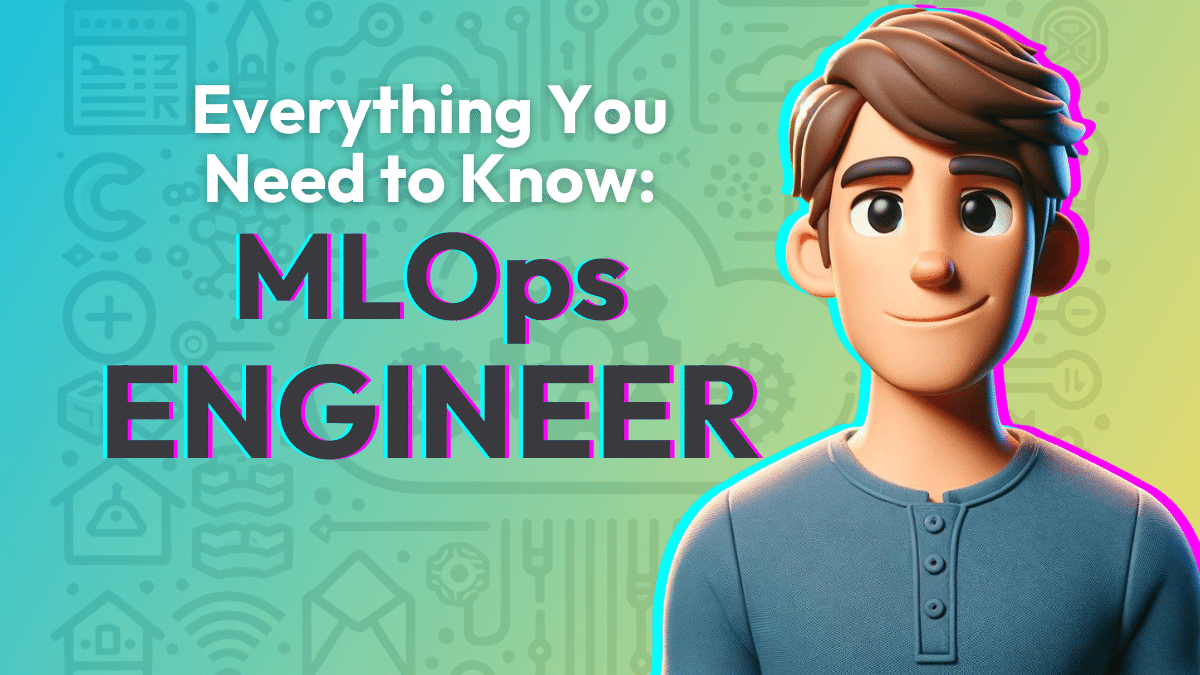

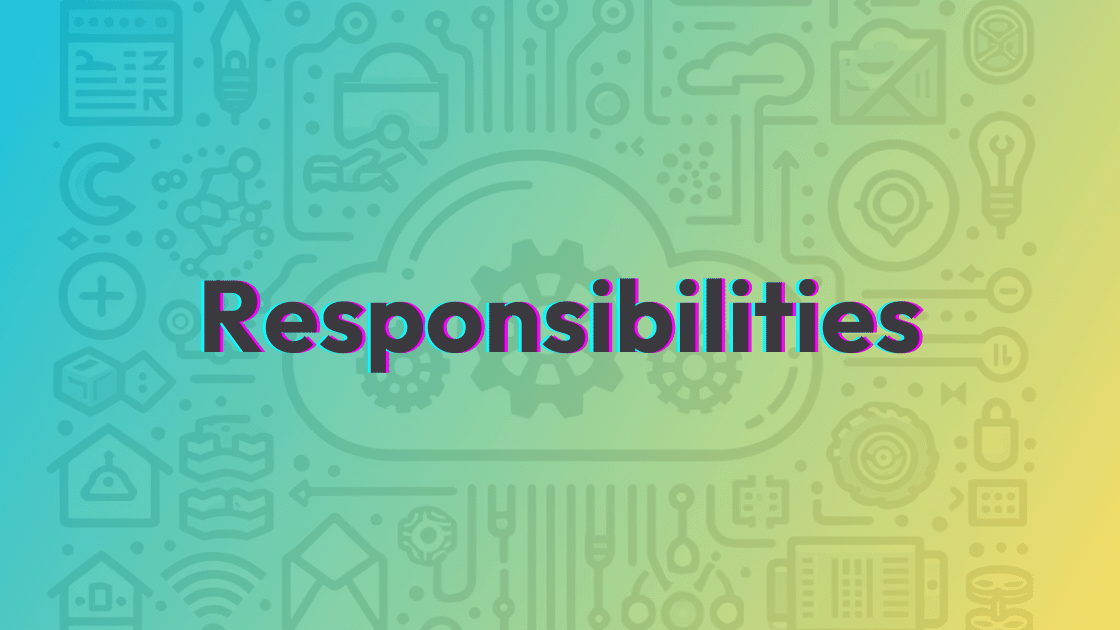

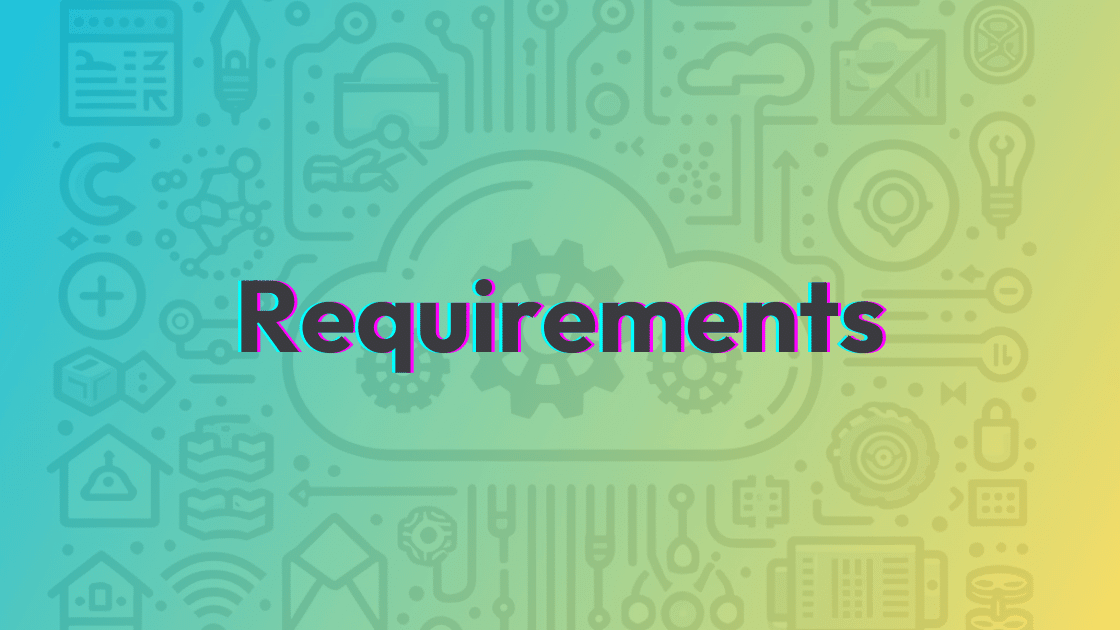

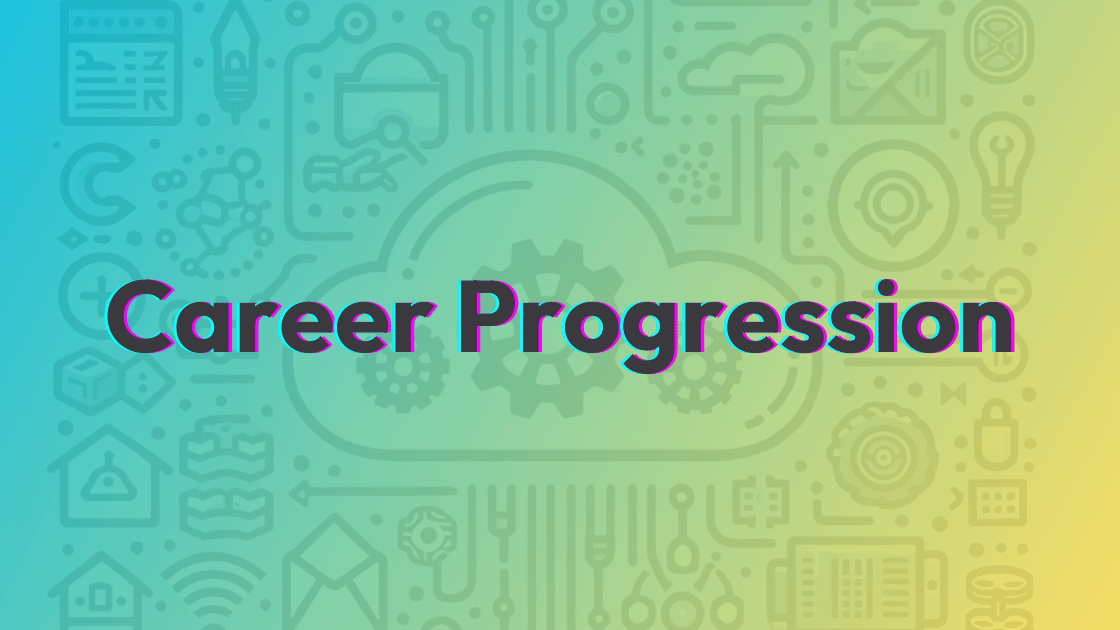


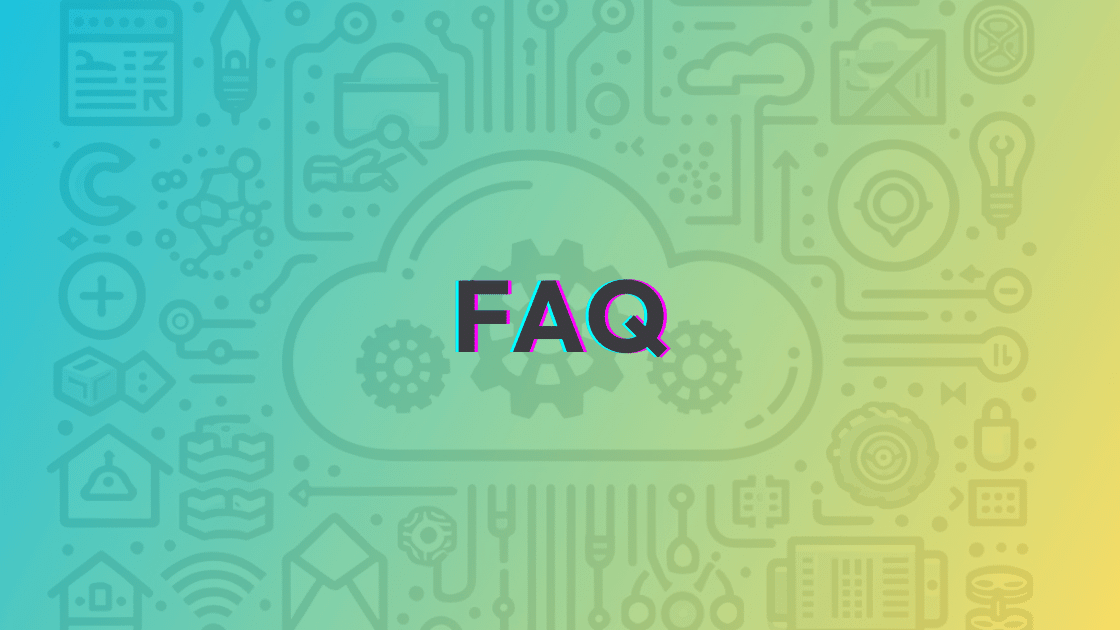
![[Apply Now] AI Product Manager in Japan: What the Role Looks Like and How to Apply](https://images.squarespace-cdn.com/content/v1/5c6e2dad94d71a1ea569fca0/1761899123280-3OY3PK80U2UY94G3KJQ7/Ai+Pdm+%28800+x+600+px%29.png)
![[Apply Now] Data Scientist in Japan: What You Need to Know (with real JD examples)](https://images.squarespace-cdn.com/content/v1/5c6e2dad94d71a1ea569fca0/1761275497641-R4YL967WUSGX2T27S2P1/data+scientist+%28800+x+600+px%29+%281%29.png)
![[Apply Now] AI Presales in Japan: What You Need to Know](https://images.squarespace-cdn.com/content/v1/5c6e2dad94d71a1ea569fca0/1760875954295-1OQXYCVYUKUXIOSNG0QF/AI+%28800+x+600+px%29.png)
![[Apply Now] Become a Game System Program in Japan: What You Need to Know](https://images.squarespace-cdn.com/content/v1/5c6e2dad94d71a1ea569fca0/1750392712125-ESSXJDGEM44A5V548RDO/System+Programmer+thumbnail+%281200+x+675+px%29+%28800+x+600+px%29.png)
![[Apply Now] Become a Character Designer in Japan: What You Need to Know](https://images.squarespace-cdn.com/content/v1/5c6e2dad94d71a1ea569fca0/1749692541141-1ZVCHGS8NKBX7J6OJ3EY/Character+Designer+thumbnail+%281200+x+675+px%29+%28800+x+600+px%29+%281%29.png)
![[Apply Now] Mobile Gaming Marketing Manager in Japan: What You Need to Know](https://images.squarespace-cdn.com/content/v1/5c6e2dad94d71a1ea569fca0/1749201474008-QW40ZFA1S38B8CKC8M7U/Copy+of+AAA+Gaming+marketing+manager+thumbnail+%281200+x+675+px%29+%281200+x+675+px%29+%28800+x+600+px%29+%281%29.png)













